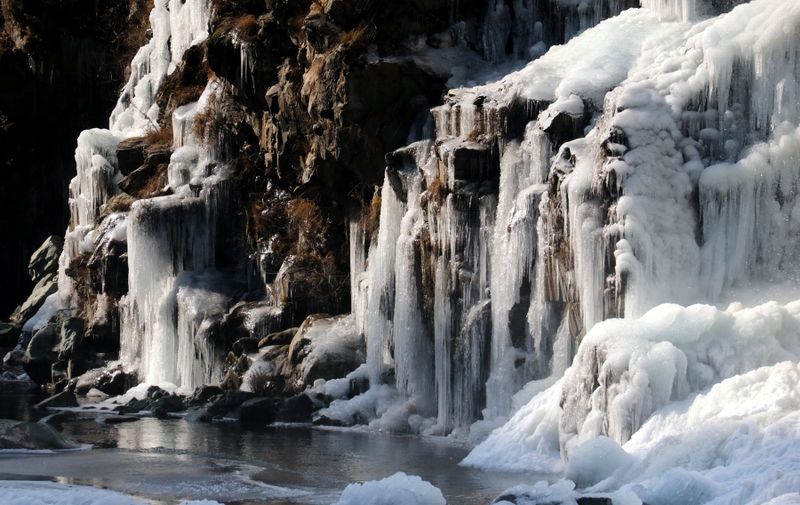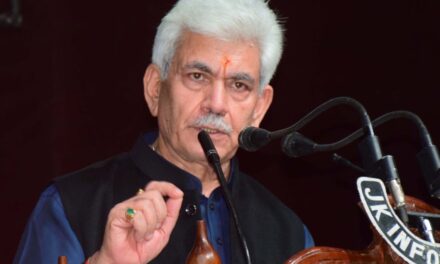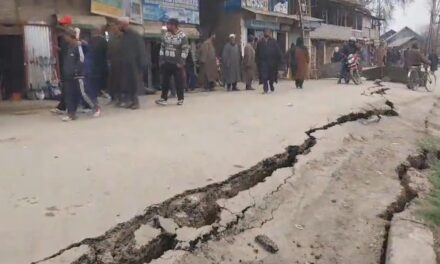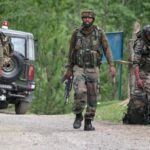![]()
Srinagar, Feb 12(GNS): Freezing cold conditions continued in Jammu and Kashmir as most places witnessed an increase in temperature with Srinagar recording a low of minus 3.6°C on Monday.
A meteorological department official here told GNS that the temperature in Srinagar increased by over two degrees Celsius from previous night’s minus 4.7°C and it was below normal by 3.8°C for the summer capital of J&K for this time of the year.
Qazigund recorded a minimum of minus 3.2°C against minus 4.4°C on the previous night and it was 2.2°C below normal for the gateway town of Kashmir, the MeT official said.
Pahalgam recorded a low of minus 7.0°C against minus 7.9°C on the previous night and it was 2.0°C below normal for the famous resort in south Kashmir.
Kokernag, also in south Kashmir, recorded a minimum of minus 2.5°C against minus 3.2°C on the previous night and the temperature was below normal by 1.0°C for the place, the official said.
Kupwara town in north Kashmir recorded a low of minus 4.4°C against minus 4.3°C on the previous night and it was 3.2°C below normal there, the official said.
Gulmarg, the official said, recorded a low of minus 4.5°C against minus 6.5°C on the previous night and the temperature was above normal by 1.0°C for the world famous skiing resort in north Kashmir.
Jammu, he said, recorded a minimum of 8.0°C and it was below normal by 2.1°C for the winter capital of J&K.
Banihal recorded a low of 3.8°C, Batote 4.9°C and Bhaderwah minus 0.8°C, he said.
Regarding the forecast, the MeT official said that weather is expected to be mainly dry till February 17.
“Overall, dry weather is expected till February 17,” he said, adding, “Another wet spell is most likely with possibility of light to moderate snow/rain at many places of J&K from February 18-20.”
As ‘Chillai-Kalan’, the 40-day harsh period of winter ended on January 29, Kashmir is presently in the middle of 20-day-long winter period called ‘Chillai-Khurd’ that ends on February 19 and is followed by a 10-day-long period ‘Chillai-Bachha’ (baby cold) which starts from February 20 to March 1. (GNS)

























